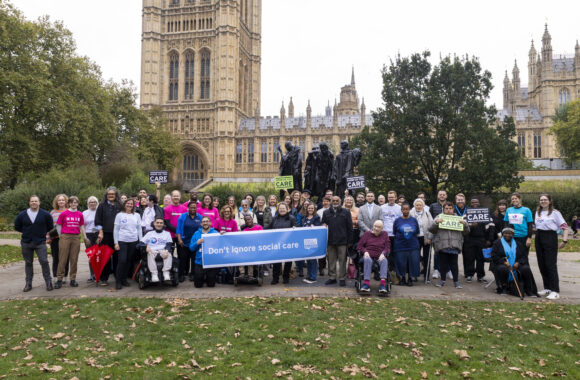
It seems to be generally accepted that experiencing high levels of anxiety, stress and depression are the prices we have to pay for keeping our hectic 24/7 lives on track. Many of us who may struggle with our mental health from time to time still feel the huge burden of trying to cope on our own, saying nothing to family, friends or colleagues for fear of negative judgements and punishment for not being resilient enough!
Recent campaigns like Heads Together and Time to Change want to continue the progress on changing attitudes, help everyone with a mental health problem to be free of fear and discrimination and have equal access to the right help.
As a mental health practitioner and manager of many years, I share the passion and focus that is currently coalescing around the issue. Mental health is everyone’s business! The fact that we need to do more (much more) as a society and an organisation is a given; the question remains of where to focus our energies.
Thankfully, young people’s mental health continues to be a priority on the national agenda. Teenagers and young adults are most at risk of falling through the cracks of our mental health system with damaging long-term implications for them and their loved ones. As a society, we must invest more to ensure that the younger generations do not experience the traumatising and cumulative effects of mental ill-health and the associated stigma that accompanies it. We need to build our links both strategically and locally with organisations like Young Minds and the Youth Mental Health First Aid programme.
For me and many colleagues who I’ve spoken to about this subject, the emotional wellbeing and resilience of our staff has to be a top priority. Whilst we are continually working to tackle this issue on a number of fronts, perhaps now is the time to start a conversation about how we can improve in this area. Work is underway to improve our offer to staff, which includes among other important areas, emotional wellbeing and resilience. Some key questions are what can individuals and teams do for themselves, where are the examples of initiatives that have made a real difference to teams and individuals, and what more can the organisation do to promote and support staff resilience. In June we will be launching an updated guidance to promote the whole issue of safety and a big feature of this will be around promoting reflection within teams. The power of reflection is enormous in addressing both team and individual wellbeing and resilience as well as enhancing the support we offer to our customers.
Top Practical Tips for looking after your emotional wellbeing
Make a personal commitment to your own wellbeing - physical, mental and emotional. Develop some realistic goals. Do something regularly - even if it seems like a small accomplishment - that enables you to move toward your goals.
Make a personal commitment to your own wellbeing - physical, mental and emotional. Develop some realistic goals. Do something regularly - even if it seems like a small accomplishment - that enables you to move toward your goals.
Maintain a hopeful outlook. An optimistic outlook enables you to expect that good things will happen in your life. Try visualising what you want, rather than worrying about what you fear. Maintaining a hopeful outlook for yourself means you will do the same for others
Take care of yourself. Pay attention to your own needs and feelings. Engage in activities that you enjoy and find relaxing. Exercise regularly. Taking care of yourself helps to keep your mind and body primed to deal with situations that require resilience.
Make connections. Good relationships with close family members, friends, or others are important. Accepting help and support from those who care about you and will listen to you strengthens resilience. Some people find that being active in civic groups, faith-based organisations, or other local groups provides social support and can help with reclaiming hope.
Avoid seeing crises as insurmountable problems. You can’t change the fact that highly stressful events happen, but you can change how you interpret and respond to these events. Try looking beyond the present to how future circumstances may be a little better. Note any subtle ways in which you might already feel somewhat better as you deal with difficult situations. Remember crises are opportunities for learning.

